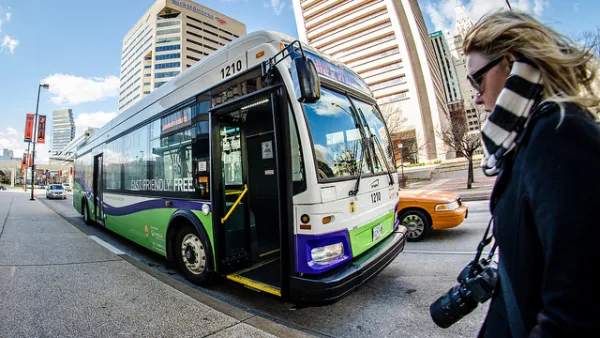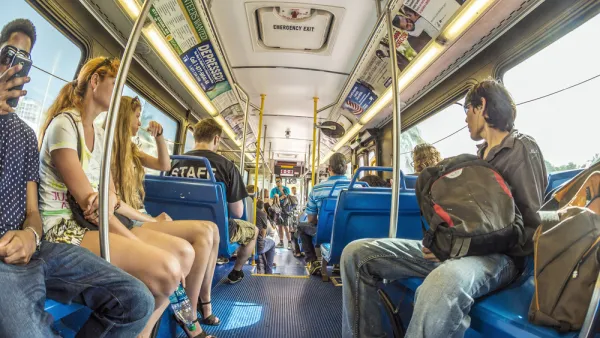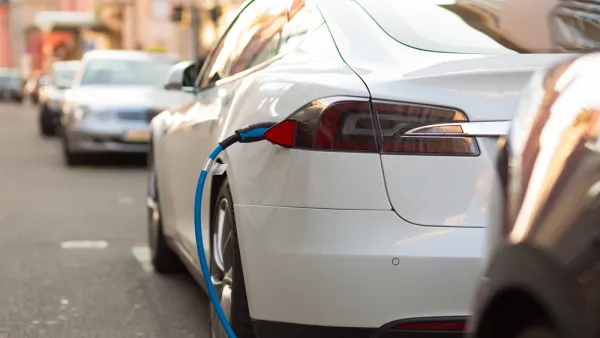After reading this story about a transit agency surveying their customers, I thought to myself: do riders really want another survey asking whether they are satisfied or how clean the stations are? Although clean stations are certainly better than unclean stations, I suspect that these are not transit riders' major priorities. (And when I say "transit riders" I really of course mean "myself").
After reading this story about a transit agency surveying their customers, I thought to myself: do riders really want another survey asking whether they are satisfied or how clean the stations are? Although clean stations are certainly better than unclean stations, I suspect that these are not transit riders' major priorities. (And when I say "transit riders" I really of course mean "myself").
A bus is not a home. A bus (or train) is someplace you spend a few minutes in on the way to home or work (or some other destination). So the most important thing about a bus or train is whether it gets you to your ultimate destination quickly and reliably.
If I am right, the most important thing about my transit service is whether it stays quick and reliable by surviving the next round of budget cuts.(1) So maybe transit authorities should be surveying their customers about how to deal with austerity. For example, a transit authority could ask customers whether, assuming other government agencies will not close a gap between revenues and spending, the authority should solve that revenue gap through:
*raising fares by amount X (X being the amount needed to close the revenue gap)
*eliminating bus routes X, Y and Z (X, Y and Z being the bus routes most likely to be eliminated)
*increasing headways (time between buses), and/or
*curtailing late-night service (and of course whatever other options the transit authority might consider!)
These sorts of questions would certainly be of more interest to me than a survey asking how satisfied I am.
(1) Or, in good times, is improved as revenue grows.

Analysis: Cybertruck Fatality Rate Far Exceeds That of Ford Pinto
The Tesla Cybertruck was recalled seven times last year.

National Parks Layoffs Will Cause Communities to Lose Billions
Thousands of essential park workers were laid off this week, just before the busy spring break season.

Retro-silient?: America’s First “Eco-burb,” The Woodlands Turns 50
A master-planned community north of Houston offers lessons on green infrastructure and resilient design, but falls short of its founder’s lofty affordability and walkability goals.

Test News Post 1
This is a summary

Analysis: Cybertruck Fatality Rate Far Exceeds That of Ford Pinto
The Tesla Cybertruck was recalled seven times last year.

Test News Headline 46
Test for the image on the front page.
Urban Design for Planners 1: Software Tools
This six-course series explores essential urban design concepts using open source software and equips planners with the tools they need to participate fully in the urban design process.
Planning for Universal Design
Learn the tools for implementing Universal Design in planning regulations.
EMC Planning Group, Inc.
Planetizen
Planetizen
Mpact (formerly Rail~Volution)
Great Falls Development Authority, Inc.
HUDs Office of Policy Development and Research
NYU Wagner Graduate School of Public Service





























